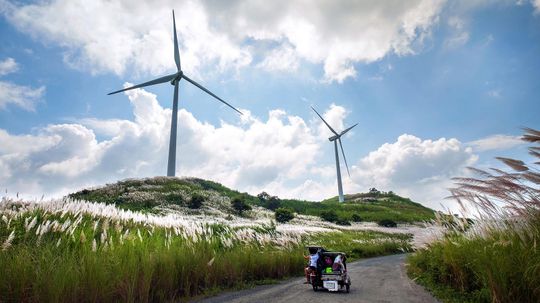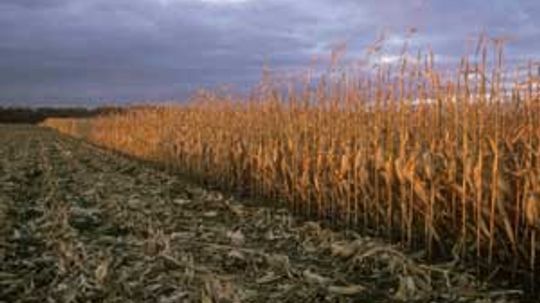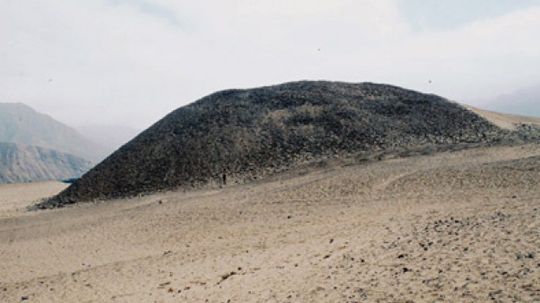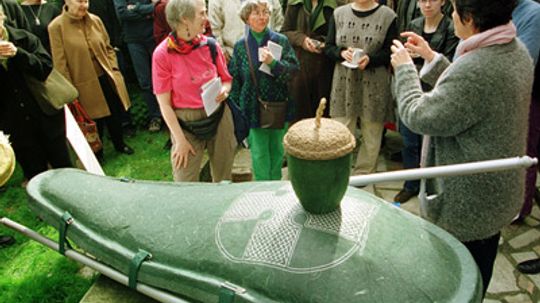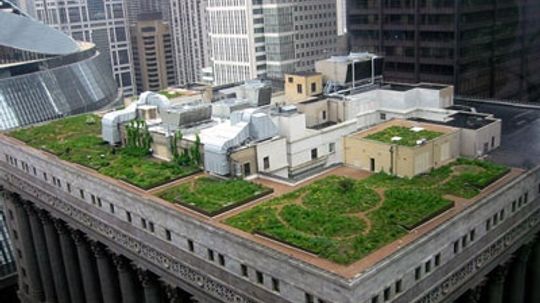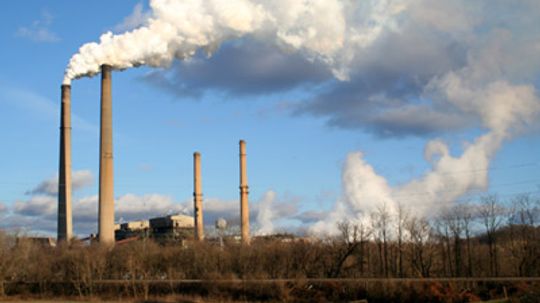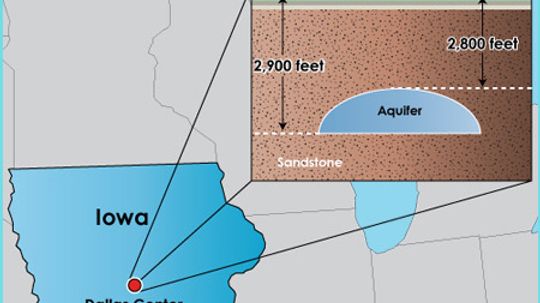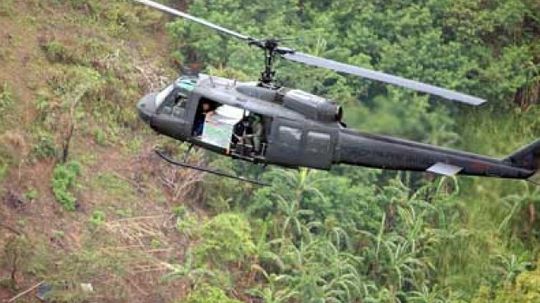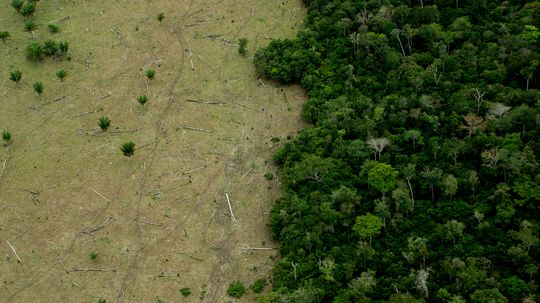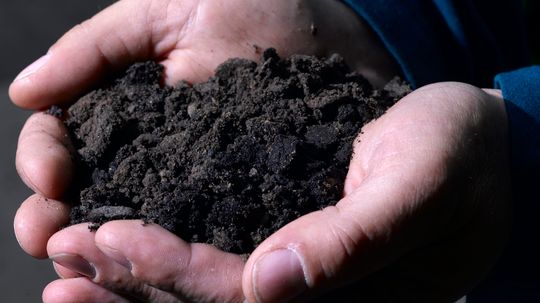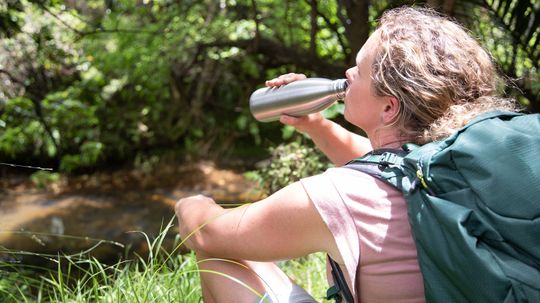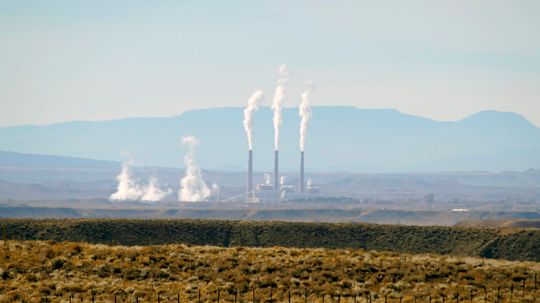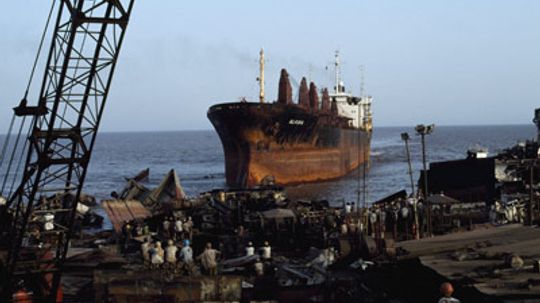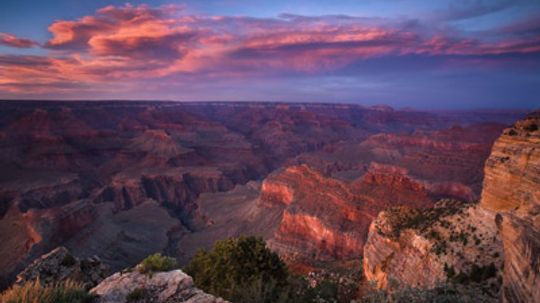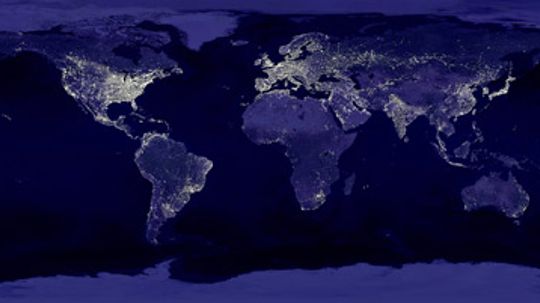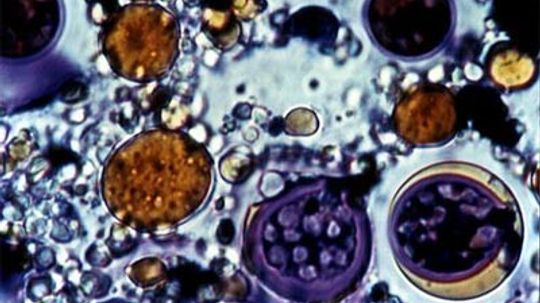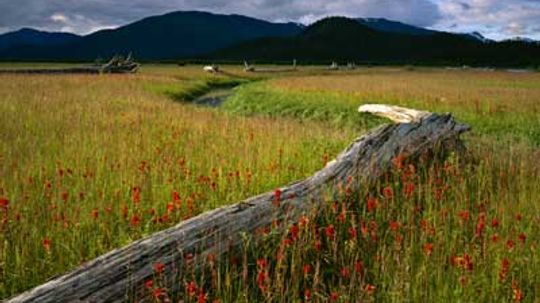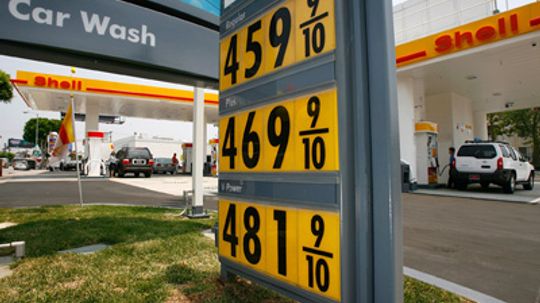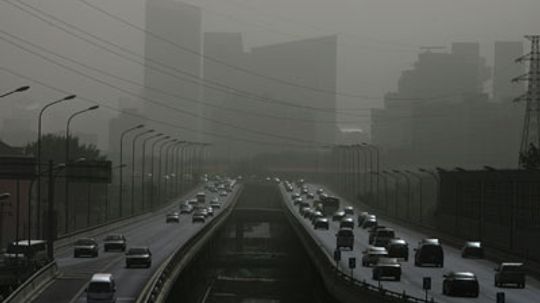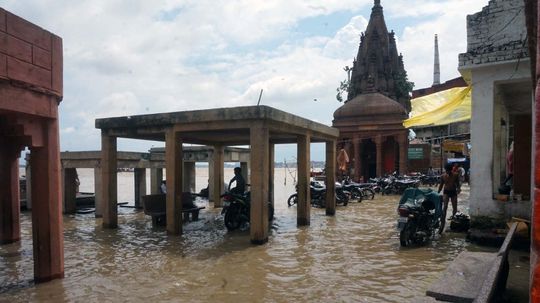Green Science
Green Science is the application of eco-friendly thinking to scientific disciplines. Learn about global warming, pollution and other impacts on nature and the planet, plus what we can do to combat them.
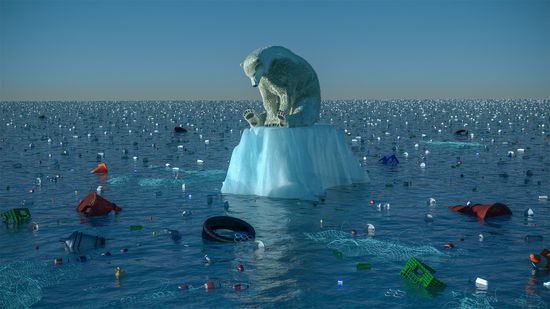
Study Says 2035 Is Climate Change Point of No Return
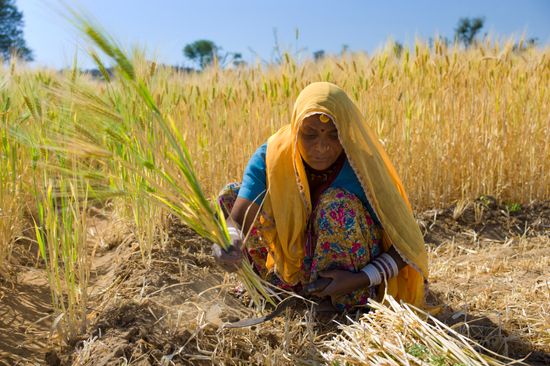
5 Ideas for Doubling the World's Food Supply
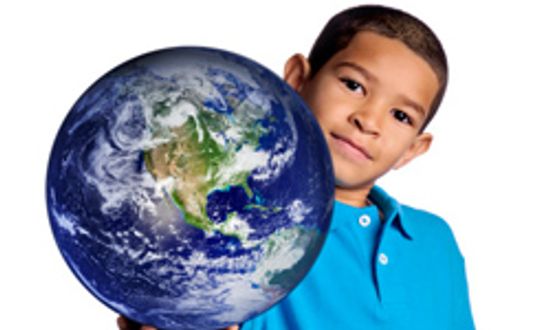
10 Earth Day Activities for Families
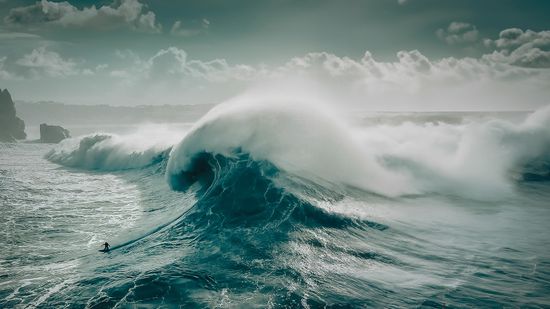
What Was the Largest Wave Ever Recorded?
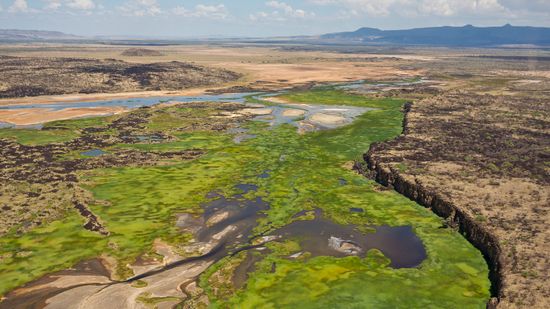
Is Africa Splitting in Two? Really? Here's the Scoop
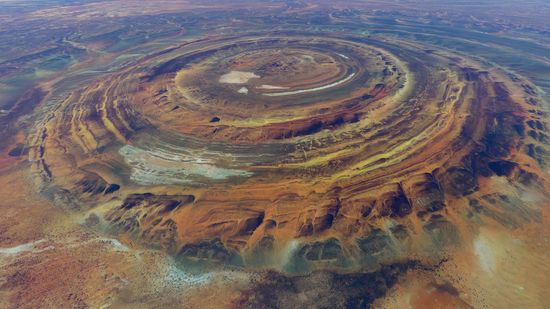
What Exactly Is the Eye of the Sahara, aka the Richat Structure?
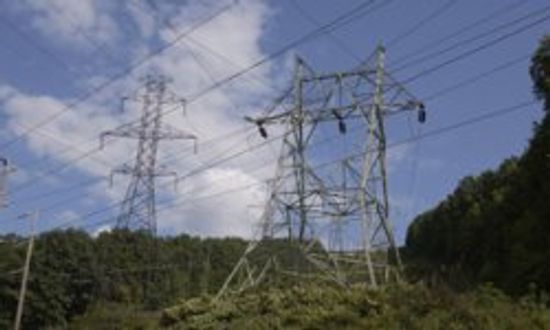
How to Sell Electricity Back to the Grid
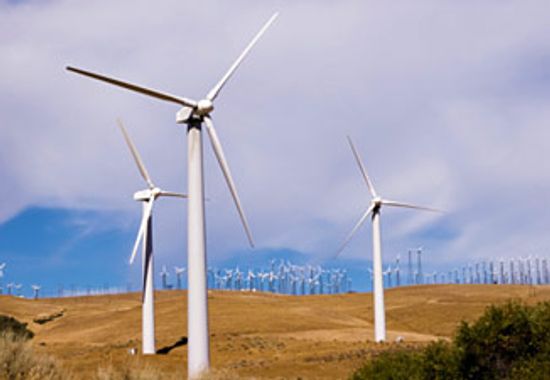
Are there any risks associated with the production of wind energy?

How much energy in a hurricane, a volcano, and an earthquake?
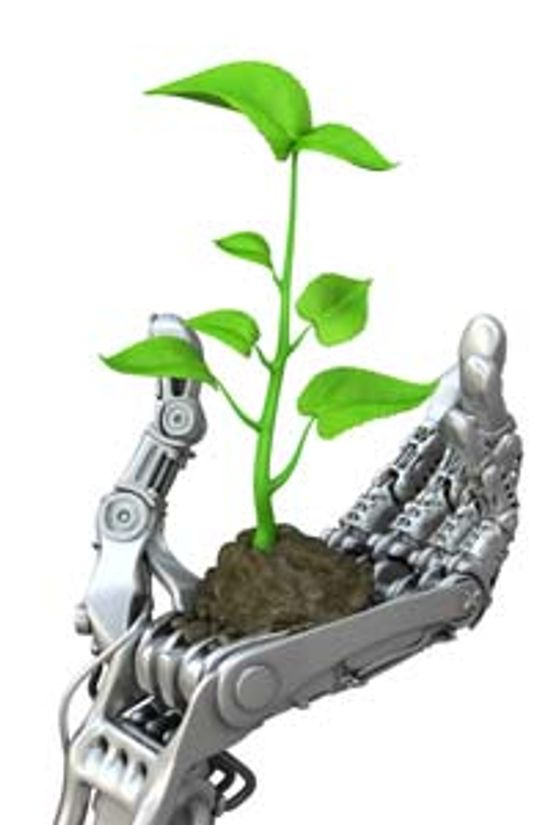
Top 5 Green Robots
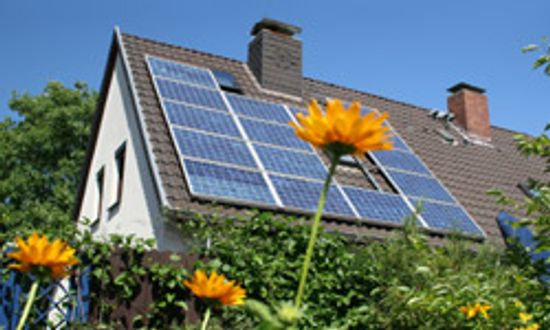
5 Things to Consider When Building a Solar-powered Home
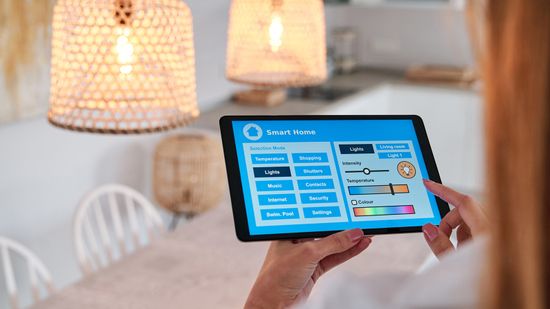
What Uses the Most Electricity in a Home?
Learn More / Page 3
Green, clean energy sounds good at first: Harness the power of the wind to run our creature comforts. But could the sounds people hear (and don't hear) from wind turbines endanger their health?
We humans like to trade one problem for another. We give up drinking only to take up smoking. Will we also exchange a reliance on dwindling fossil fuels for a food shortage caused by ethanol production?
By Robert Lamb
Everyone knows air pollution isn't good for your lungs, but it turns out that it's not doing your heart any favors either. Why do the particulates in the air we breathe interfere with our heart's basic job: to keep things ticking?
By Julia Layton
Advertisement
The worst bad guys in the world of video games aren't virtual. Vampire power, overpackaging and energy-draining consoles make gaming unnecessarily bad for the environment. What are video game manufacturers doing to go green?
It may look like a wasteland now, but a mysterious mound-building civilization once called Peru's arid valleys home. Did a shift in climate drive them to settle -- and eventually disappear?
By Julia Layton
Ashes to ashes, dust to dust -- unless of course you've been embalmed, buried in a steel and hardwood coffin and interred in a concrete vault. For some people, the luxurious excess that accompanies traditional burial is no longer appealing.
Green roofs, long popular in Europe, are making their way into the United States. Find out what a green roof is and how it can solve some problems conventional roofs have.
By Sarah Dowdey
Advertisement
Clean coal -- isn't that an oxymoron? Not anymore. See how energy companies are using coal in cleaner ways to generate massive amounts of electricity. Alternative fuels may be making headway, but coal isn't used up yet. Find out why.
By Sarah Dowdey
Wind energy is great, but what happens when there's no breeze? The Iowa Stored Energy Park will store compressed air underground. Can it replace traditional energy sources?
Environmentalists have found a way to harness the military precision of missile-tracking technology for a decidedly nonviolent mission: replanting forests. So what do C-130 aircraft have to do with reforestation?
Plants absorb carbon dioxide and feed us oxygen. So it's pretty much a no-brainer: Plowing down our forests is a bad idea. What's driving the destruction? And is anything being done to stop it?
By Debra Ronca & Sascha Bos
Advertisement
As high-yield oil supplies become harder to find, energy companies are turning to oil sands: mixtures of bitumen, sand and water. How do you extract oil from mucky, viscous soil?
Haunted by ideas of your body polluting the Earth after you're gone? Microbial fuel cell technology could allow you to harness the energy of your own decomposition to power batteries.
You’ve probably seen some plastic labeled “BPA free,” but does that make it safer?
We know that humans are largely responsible for fueling global warming with our carbon emissions. So what if we could seize all that carbon and squirrel it away in a safe place? Well, we can. It's just hard and really expensive.
By Debra Ronca & Mark Mancini
Advertisement
In this mass graveyard, workers dismantle 52,000-ton ships using simple hand tools. Why would anyone want to work at Alang? Is this place doing the world a service by recycling obsolete ships?
Depending on who you ask, urban sprawl is either the best thing that ever happened to growing families -- or the downfall of civilization and the environment as we know it. Learn about the history and consequences of this American phenomenon.
By Alia Hoyt
Many people think that beautiful, blazing sunsets are one upside to living with the smog that hangs over polluted cities. Are they right? Does smog actually enhance sunsets?
By Julia Layton
Usually we're focused on our personal power consumption -- wondering why our gas bill went up or took a dip. But what if we added up everybody's power consumption? How much would it be?
Advertisement
With the global food crisis, some people feel that using food to make biofuel just doesn't make sense. Could algae be a solution? How could algae possibly fuel cars and even airplanes?
Wetlands may look murky and even creepy, but their value is clear. They soak up floodwaters and filter runoff before it enters our lakes and streams. How can we protect these spongy areas?
By Debra Ronca
Are wind farms and other renewable energy sources the closest we can come to free energy? Isn't there some crackpot invention out there that you can set up in your backyard?
What if you could scrub out carbon dioxide emissions before they ever dirtied the atmosphere? This exciting technology could do just that, but will the benefits outweigh the costs?
Advertisement
Experts expect more than 1 billion climate refugees by the year 2050. Where will they go and how will the world feed, clothe and shelter them?
While it's good to be environmentally accountable, too much eco-angst can spiral into an actual anxiety disorder. What makes people lose sleep thinking about their big, muddy carbon footprints?
